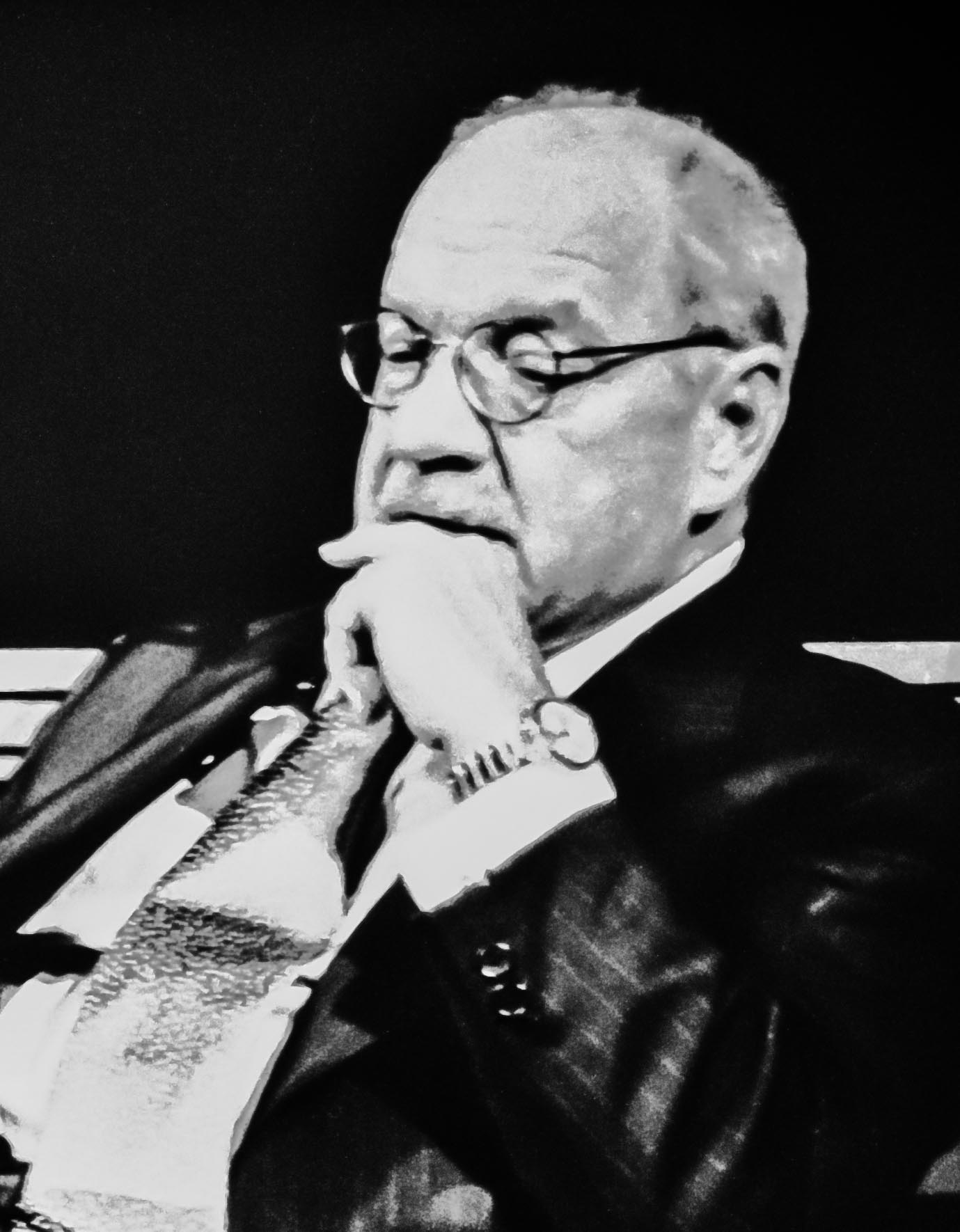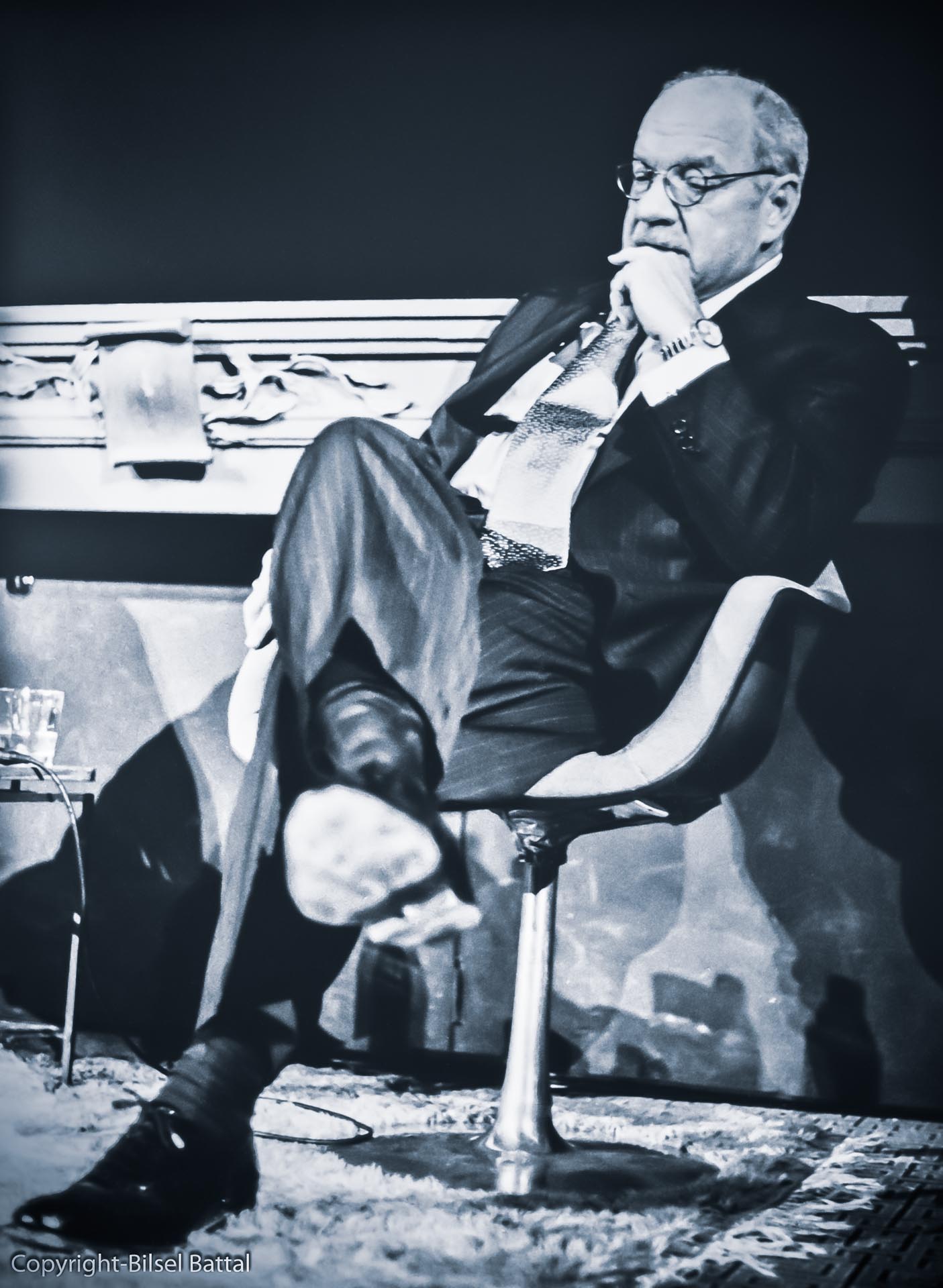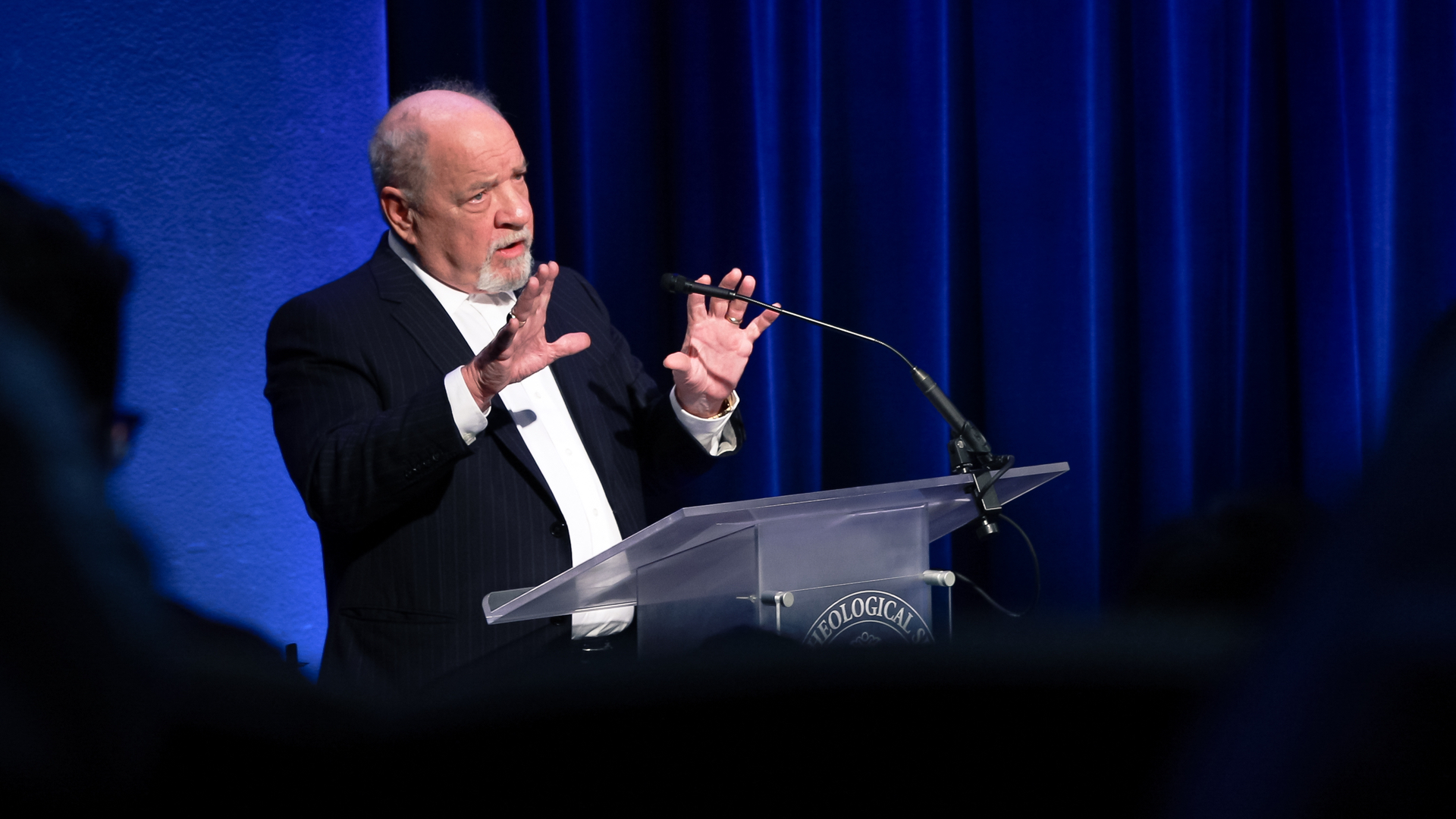Paul Schrader, a name synonymous with cinematic brilliance, has carved an indelible mark in the world of film. As a screenwriter, director, and author, his work has inspired generations of filmmakers. His unique storytelling and deep exploration of human psychology have made him one of the most respected figures in Hollywood. In this article, we will delve into the life, career, and contributions of Paul Schrader to the film industry.
From writing the screenplay for "Taxi Driver" to directing critically acclaimed films like "First Reformed," Schrader's journey is nothing short of extraordinary. His ability to blend raw emotion with intellectual depth has earned him a reputation as a true artist in the film world. This article aims to provide a comprehensive overview of his career, highlighting his achievements and the impact of his work.
Whether you're a film enthusiast or simply curious about the man behind some of cinema's greatest masterpieces, this article will offer valuable insights into the life and work of Paul Schrader. Join us as we explore the mind of one of Hollywood's most celebrated figures.
Read also:Ceacutedric Van Mol A Comprehensive Guide To The Life And Career Of A Prominent Figure
Table of Contents
- Biography
- Early Life
- Career Beginnings
- Screenwriting Icon
- Directorial Works
- Themes and Style
- Influences
- Awards and Recognition
- Contemporary Projects
- Legacy
Biography
Paul Schrader was born on July 22, 1946, in Grand Rapids, Michigan. He grew up in a strict Calvinist household, which significantly influenced his worldview and later his filmmaking style. Schrader's journey into cinema began when he moved to Los Angeles to pursue a career in film. Below is a brief overview of his personal details:
Personal Data
| Full Name | Paul Leonard Schrader |
|---|---|
| Birthdate | July 22, 1946 |
| Place of Birth | Grand Rapids, Michigan, USA |
| Profession | Screenwriter, Director, Author |
| Education | Bachelor's Degree in English Literature, Calvin College; Master's Degree in Film Studies, UCLA |
Early Life
Paul Schrader's early life was shaped by his religious upbringing. Growing up in a conservative Christian family, he was not exposed to movies until his late teens. This delayed exposure to cinema allowed him to approach the medium with fresh eyes and a deep appreciation for its power. His interest in literature and writing during his college years laid the foundation for his future success in screenwriting.
Career Beginnings
Schrader's career began in earnest after he graduated from the University of California, Los Angeles (UCLA) with a master's degree in film studies. His first significant break came when he wrote the screenplay for "The Yakuza" (1975), a film directed by Sydney Pollack. This marked the beginning of a fruitful career in Hollywood, where he quickly established himself as a talented screenwriter.
Screenwriting Icon
Paul Schrader's screenwriting prowess is evident in some of the most iconic films in cinematic history. His collaboration with Martin Scorsese on "Taxi Driver" (1976) is perhaps his most famous work. The film, which stars Robert De Niro, won the Palme d'Or at the Cannes Film Festival and remains a classic in American cinema. Other notable screenplays include "Raging Bull" (1980) and "The Last Temptation of Christ" (1988).
Key Screenplays
- Taxi Driver (1976)
- Raging Bull (1980)
- The Last Temptation of Christ (1988)
Directorial Works
In addition to his screenwriting achievements, Paul Schrader is also a celebrated director. His directorial debut, "Hardcore" (1979), explored themes of morality and redemption. Over the years, he has directed numerous films that have received critical acclaim. Some of his notable directorial works include:
Notable Films Directed by Paul Schrader
- Blue Collar (1978)
- American Gigolo (1980)
- Light Sleeper (1992)
- First Reformed (2017)
Themes and Style
Paul Schrader's films are characterized by their exploration of complex themes such as isolation, redemption, and the human condition. His style often incorporates elements of film noir, reflecting his deep appreciation for the genre. Schrader's ability to blend intellectual depth with emotional resonance has set him apart from his contemporaries.
Read also:Jake Harper The Iconic Character From Two And A Half Men
Influences
Schrader's work is heavily influenced by filmmakers such as Robert Bresson and Carl Theodor Dreyer. These directors, known for their minimalist and spiritual approach to filmmaking, have left a lasting impact on Schrader's style. Additionally, his religious upbringing has played a significant role in shaping the themes and narratives of his films.
Awards and Recognition
Throughout his career, Paul Schrader has received numerous accolades for his contributions to cinema. His screenplay for "Taxi Driver" earned him an Academy Award nomination. In 2017, his film "First Reformed" received widespread critical acclaim, with Schrader being nominated for Best Director at the Cannes Film Festival. His body of work continues to inspire filmmakers and audiences alike.
Contemporary Projects
Even in his later years, Paul Schrader continues to be active in the film industry. He has recently directed films such as "The Card Counter" (2021), which showcases his enduring talent and passion for storytelling. Schrader's commitment to his craft ensures that he remains a relevant and influential figure in contemporary cinema.
Legacy
Paul Schrader's legacy in the film industry is secure. His contributions as a screenwriter and director have left an indelible mark on the medium. Through his exploration of profound themes and his dedication to his craft, Schrader has inspired countless filmmakers and cinephiles. His work continues to resonate with audiences, proving that great art transcends time.
Impact on Cinema
Schrader's influence extends beyond his individual works. He has contributed to the development of the film industry as a whole, advocating for the importance of storytelling and artistic expression. His books, such as "Transcendental Style in Film," have also provided valuable insights into the art of filmmaking.
Conclusion
In conclusion, Paul Schrader stands as a towering figure in the world of cinema. From his early days as a screenwriter to his current status as a respected director, his impact on the film industry cannot be overstated. His ability to blend intellectual depth with emotional resonance has made him one of the most celebrated figures in Hollywood.
We invite you to share your thoughts and insights in the comments below. Are there any particular films or works by Paul Schrader that have left a lasting impression on you? Additionally, feel free to explore other articles on our site for more in-depth discussions on the world of cinema.
Thank you for reading, and we hope this article has provided valuable insights into the life and work of Paul Schrader.
References:
- Schrader, Paul. "Transcendental Style in Film: Ozu, Bresson, Dreyer." University of California Press, 1972.
- IMDb. "Paul Schrader." Accessed October 2023. IMDb Profile.
- Rotten Tomatoes. "Paul Schrader Filmography." Accessed October 2023. Rotten Tomatoes Profile.


